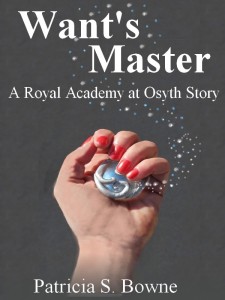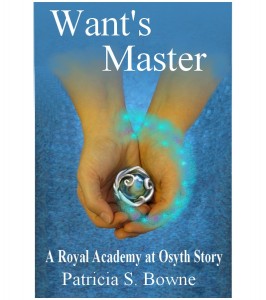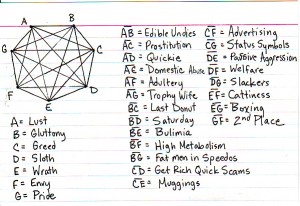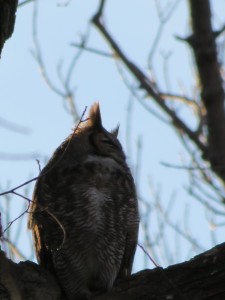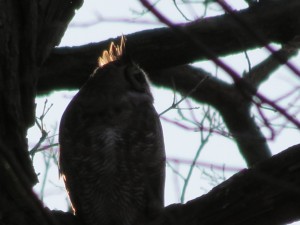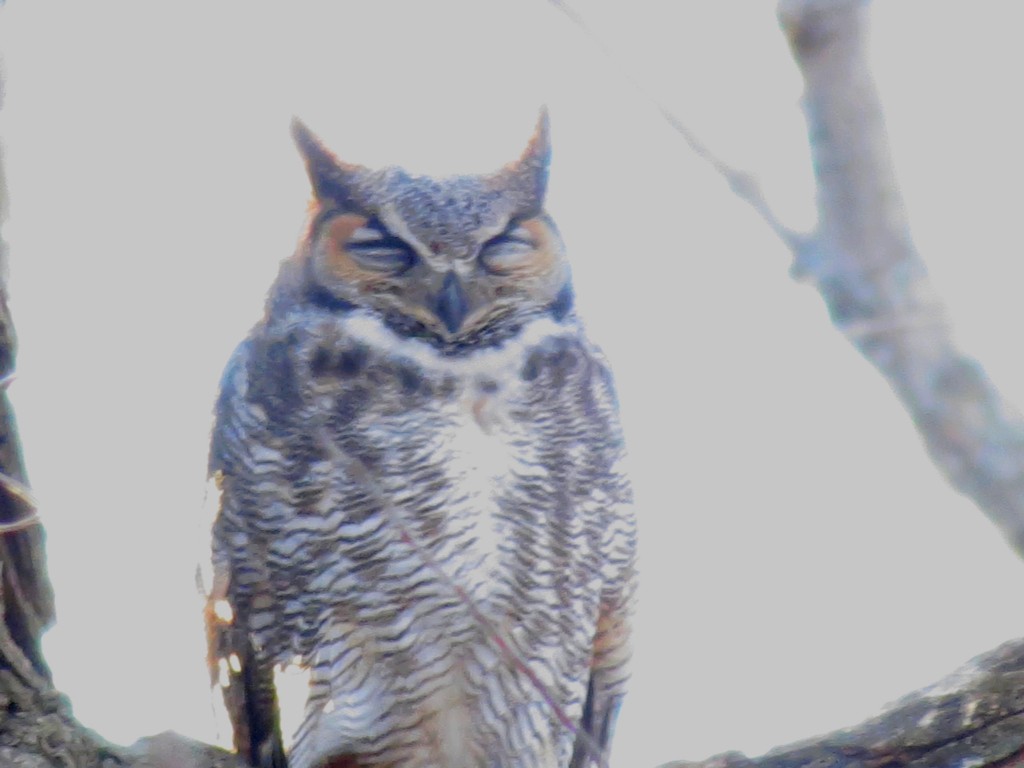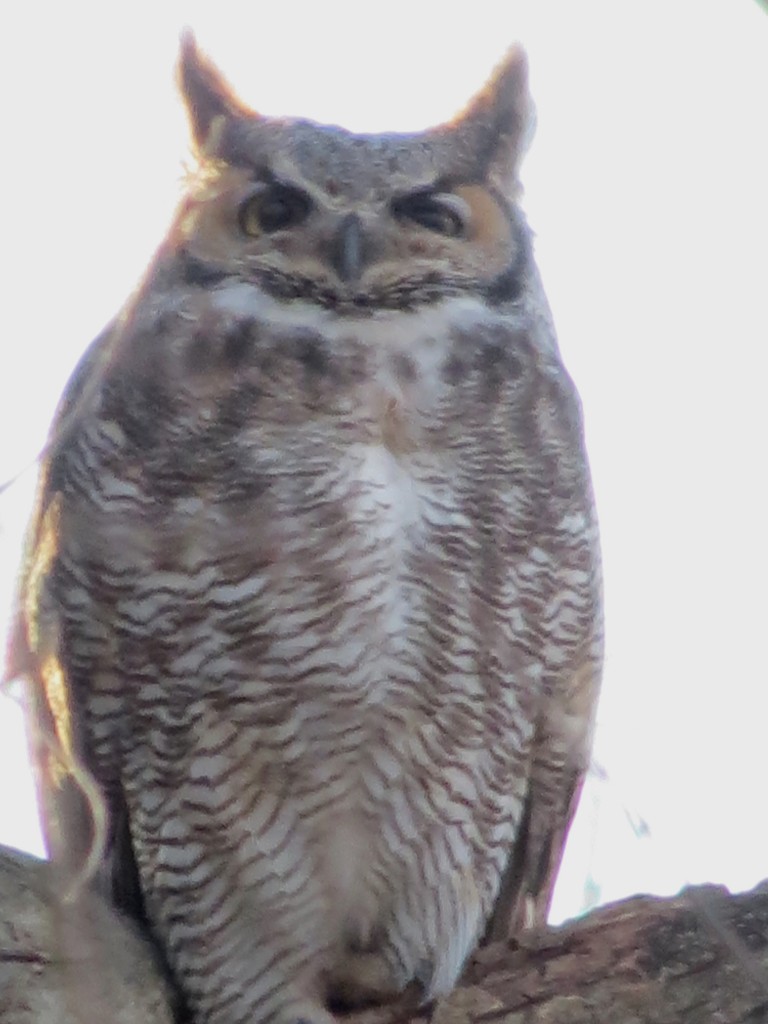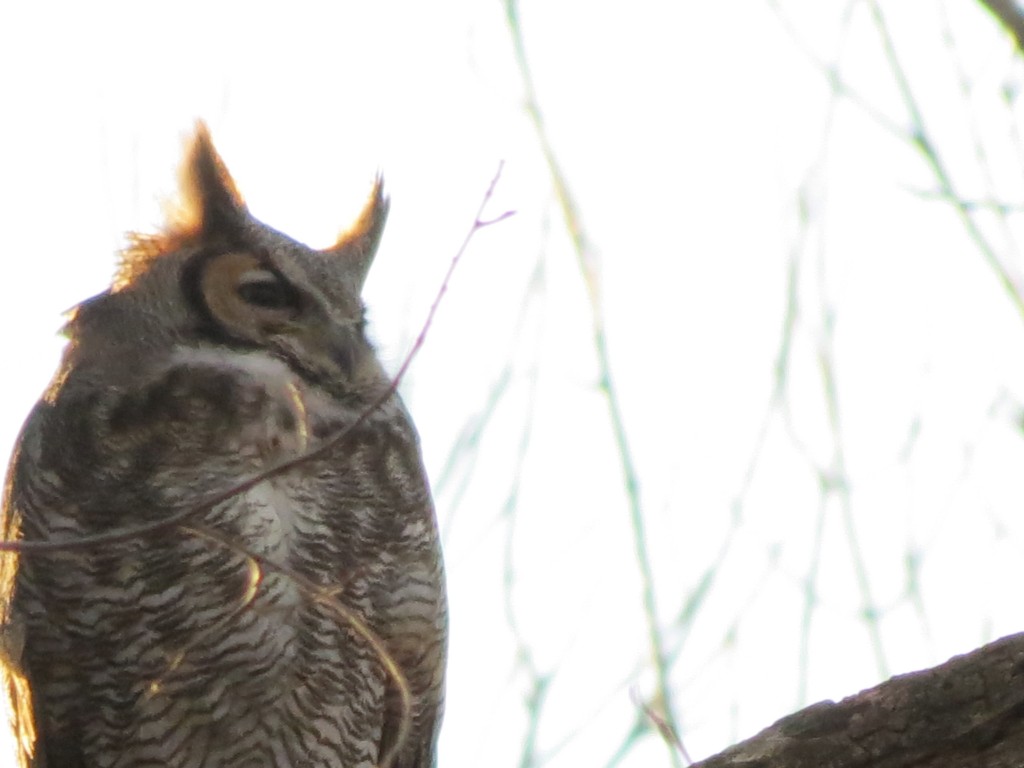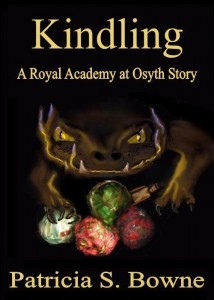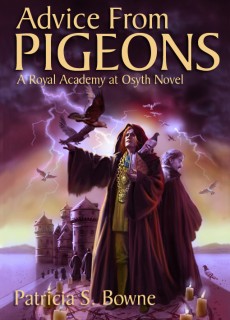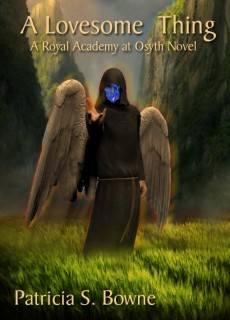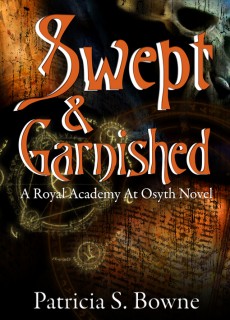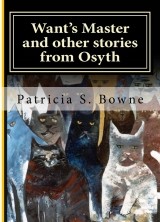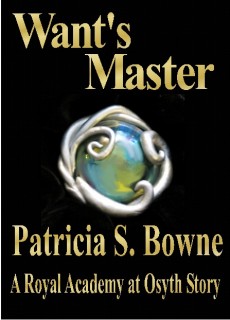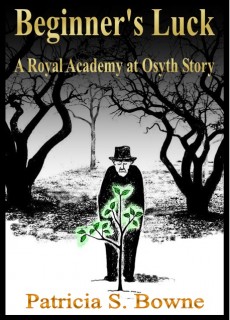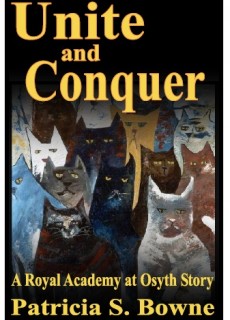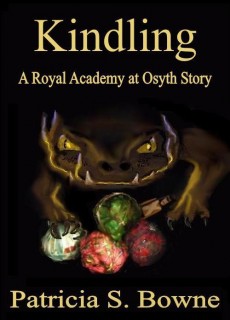Every now and then I pick up something and discover that it is aimed above me, written for readers who are more intelligent, virtuous, or self-disciplined than I am. The Royal Canadian Airforce XBX plan, for instance, or Kant’s Prolegomena. I should value these opportunities for salutary self-reflection more than I do, particularly during lent. So I am trying to embrace my experiences with Girl Genius, and to share them in the spirit of ‘Confession is good for the soul.’
My book club is reading Agatha H and the Airship City, but my copy never arrived in the mail. So I was excited when I found out that Agatha H was actually a novelization of the graphic novel Girl Genius. I like graphic novels, and I had a feeling that if steampunk ever won my heart it would have to be through a medium that showed its architectural wonders. I hustled right down to my local comics shop and bought a Girl Genius book.
I should have realized that my unregenerate self would interfere with my reading this book on the very first page, because it spoke up when I was reading the prologue.
This is a college student? it said. She has bazooms the size of bowling balls!
It was right. I spend all day every day in the company of college students, and none of them are so endowed.
Not only that, my unregenerate self said, but they’re anti-gravity!
I turned the page in a reproving manner, read the very amusing summary of an opera, and left my unregenerate self to think about the introductory pages by itself. And for the first half of the book, I was able to ignore it and steep myself in the witty dialog, splendid costumery, very fun talking castle, and glories of Victorian architecture, including the coolest stained-glass window I had ever seen. Very neat! I thought to myself. This is a series I will have to collect. But I had not reckoned with my innate depravity, and two-thirds of the way through Girl Genius it reasserted itself.
All these women have bazooms the size of bowling balls! my unregenerate self burst forth, apropos of nothing. And they wear cleavage down to whoo-boy!
“So what?” I told it sternly. “We are feminists, you and I. We believe that cup size says nothing about intellectual ability or martial prowess. We think genre should valorize its zaftig fans, rather than subjecting them to unrealistic, self-esteem-destroying, culturally contingent standards of beauty. And this is fantasy. These women probably actually belong to a different species, and are living on a planet with lower gravity.”
Look at their lower lips! it said. And the bazooms! They all look like Cutey Bunny. They’re Playboy cartoons.
“When did you ever see Cutey Bunny, or Playboy?” I responded. “Just because you read stuff like that behind my back does not give you a right to criticise this obviously well-educated artist. He was doubtless inspired by the Venus of Willendorf.”
Oh yeah? said my unregenerate self. It’s a good thing he never saw the Diana of Ephesus. Boobs!
“Sexist!”
Boobs!
What made all this even more embarrassing was that the men in the comic, and by inference the males in the audience it was written for, were obviously more evolved than I. They treated these pneumatically advantaged characters as sexless, and valued the heroine only for her intellect.
I tried hard to live up to the moral challenge this book issued to me. I sternly set my mind on Things Above. But my unregenerate self could not be reined in, and with every page I turned the boobs loomed larger. And rounder. Every time I turned a page, my unregenerate self screamed Boobs! as it spotted yet another pair. It was like driving through Vegas with a pair of thirteen-year-old boys in the back seat.
So what can I say, finally, about Girl Genius? Great world-building Boobs! Witty repartee and clever songs Boobs! Amazing Boobs architecture and scenery Boobs! Engaging Boobs boobs boobs! — oh, to hell with it. I am not worthy.

